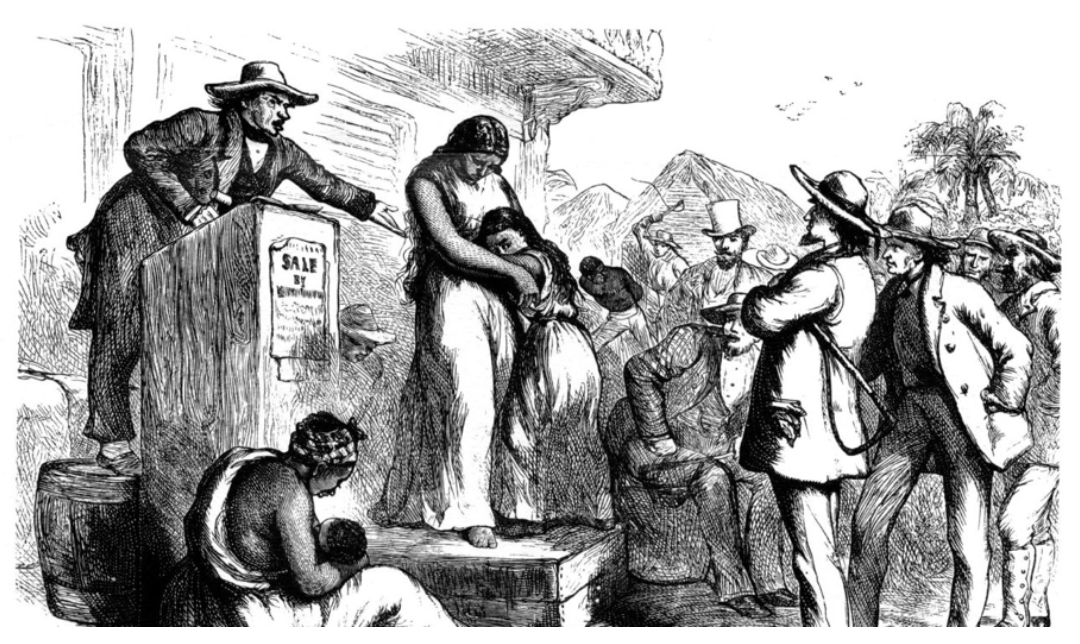There are numerous challenges to the Bible that we are dealing with in the Caribbean. They are mainly due to secularism and postmodernism. It’s very common for young people to reject the Bible because it is perceived as a set of restrictions challenging their personal freedom. But the most pressing issue in the Caribbean is that of slavery in the Bible. There is a growing number of highly influential intellectuals in the Caribbean that are advocating that Christianity is an imported religion from Europe (despite the historical fact that the Gospel was first preached in Jerusalem) and the Bible is an instrument of colonialism because it condones slavery both in the Old Testament and the New Testament.
What is at stake is that many young people are turning their backs on the church and are now embracing Eastern, and African religions to demonstrate their willingness to go back to their roots. The issue is that the church is not equipped enough to offer a counter-perspective which is both biblically and historically sound. As a result, ministers just conclude that young people abandoning faith is just a sign of the end times; therefore, they don’t even try to win them back. Nevertheless, this challenge could be addressed by visiting the reality of slavery both in Ancient Near East (ANE) and in the context of the New Testament.
Slavery was neither invented by Israel nor by Christianity
Slavery is as old as society itself. Israel being no better than the surrounding nations in ANE, did not invent slavery. Contrary to the post-colonial context where people would become slave based on skin color, in ANE people would become slave either because of war or because of poverty. Slavery was a welfare program in Israel for those that would have fallen into abject poverty. As former slaves in Egypt, God has instructed the Israelites on how to treat slaves as people created in God’s image just like them. There is a world of difference in what was prescribed by the Code of Hammurabi and the Moses Laws as it relates to the regulation of slavery.
Christianity tolerated slavery until it could be abolished
Abolishing slavery overnight would have plunged many families into starvation while threatening society as a whole because of the violence that would have resulted. Slavery was embedded into the fabric of ancient societies. It could not be addressed overnight by an embryonic group of marginalized people (Christians) in the first centuries. Nevertheless, they have paved the way through the spreading of the Gospel to help address the issue. First, by inviting fellow believers to treat slaves as they would like to be treated because both have the same Master (Job 31:13,14/Philemon 1:6). Second, by insisting on the image of God that we all bear, they preached that there is neither Jew, nor Greek, there is neither slave, nor free, there is neither male nor female, for we are all one in Christ Jesus (Galatians 3:28).
Jesus was not silent on the root cause of the issue
Jesus came to set people free from the bondage of sin. Only sin would prompt someone to enslave another fellow human being. By addressing the root cause of the problem, Jesus would ensure that the issue of slavery, among others, would be addressed once for all. But this is a work in progress which will be fully dealt with in the coming Kingdom built on the foundation of justice and righteousness. This is indeed a work in progress that has already produced greater results for societies that have embraced Judeo-Christian ethic that upholds the value and dignity of all because we are made in the image of God. If Christianity did not exist and societies were predominantly influenced by atheism and animism, we could never arrive at human value, dignity and equality because a personal God is needed to account for that. Chance is useless here.






